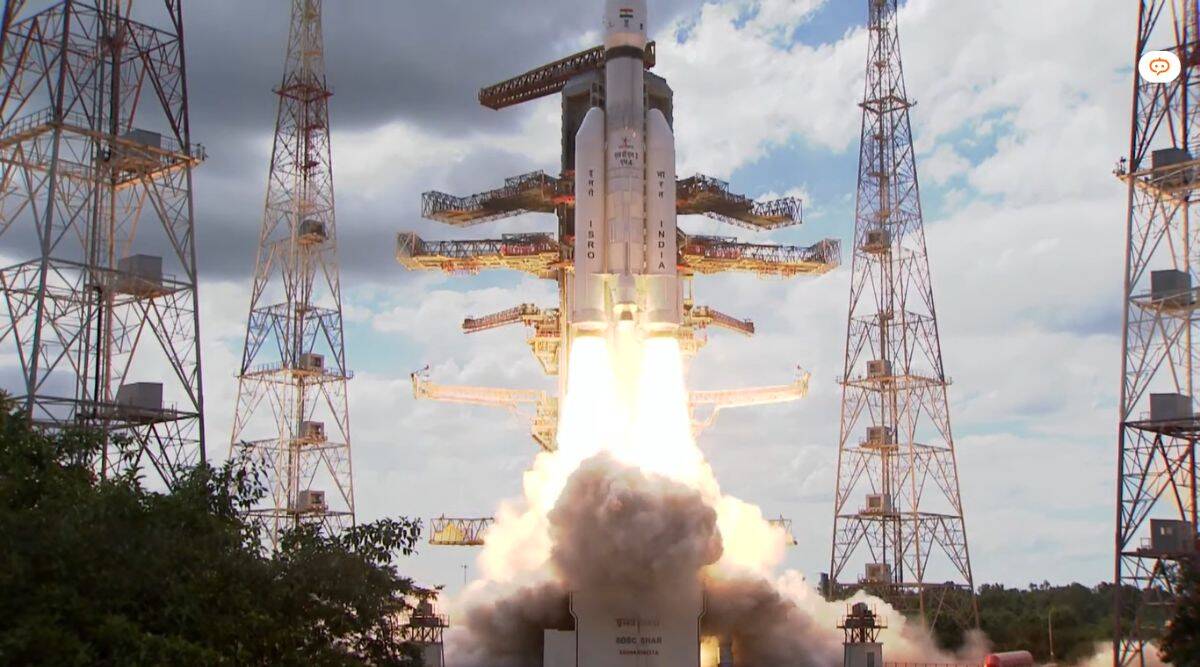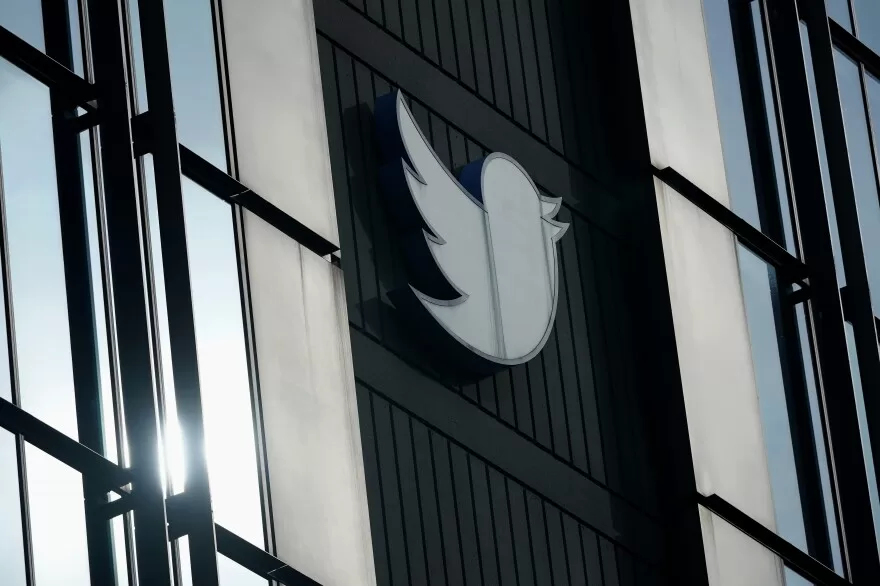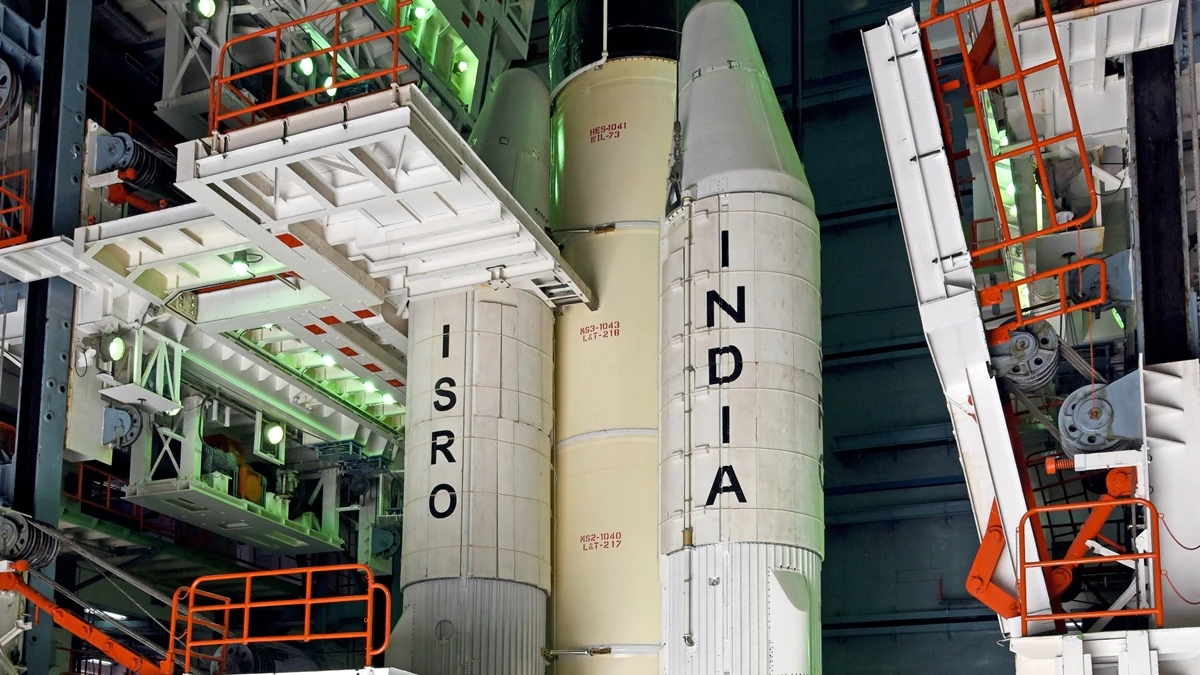
The possible consequences go well beyond the courtroom. In a startling turn of events, Elon Musk, the CEO of Tesla (TSLA), has filed a lawsuit against OpenAI and its management, claiming that the company he assisted in founding has shifted from its original charitable goal to a profit-driven strategy, especially after collaborating with Microsoft (MSFT).
Musk’s long-standing worries that OpenAI has strayed from its founding mission of creating artificial general intelligence (AGI) for the sake of humanity in favor of prioritizing financial advantages are highlighted by the lawsuit. However, is that actually the case, or is there another issue at hand?
Musk has been closely connected with OpenAI from its founding in 2015 because his worries about the possible hazards of artificial intelligence and his goal of advancing AI for the good of humanity fit with OpenAI’s original non-profit mission.
But in 2018, Musk lost faith in OpenAI because, in his opinion, the company had ceased to function as a charity and had started developing technology that offered opinions on social and political issues. Musk appears to be displeased with the recent drama surrounding OpenAI, which resulted in a number of important modifications to the organization’s philosophy and structure as well as what can only be perceived as Microsoft’s power grab.
It is helpful to keep in mind that Microsoft has a lengthy history of legal disputes in order to comprehend his logic. Microsoft has been involved in a number of well-publicized legal disputes throughout the years concerning its business practices.
Here are a few well-known examples to highlight the problem:
— The U.S. Department of Justice charged Microsoft with maintaining a monopolistic position in the PC operating-systems industry and adopting measures to kill competitors in the 1998 United States v. Microsoft Corp. lawsuit. The case concluded in April 2000 with a ruling that Microsoft had violated the Sherman Antitrust Act by engaging in monopolization and attempting monopolization.
— Microsoft has been hit with hefty fines in Europe for abusing its strong market position. The largest penalties the European Commission had ever levied on a single firm, Microsoft was hit with 497.2 million euros in 2004. Microsoft was hit with an additional 899 million euros in fines in 2008 for violating the 2004 antitrust judgment.
— In 2013, Microsoft was fined 561 million euros by the European Commission for violating a 2009 settlement agreement that required the company to provide Windows users with an alternative internet browser to Internet Explorer.
Also read: Sudha Murty nominated to Rajya Sabha by President
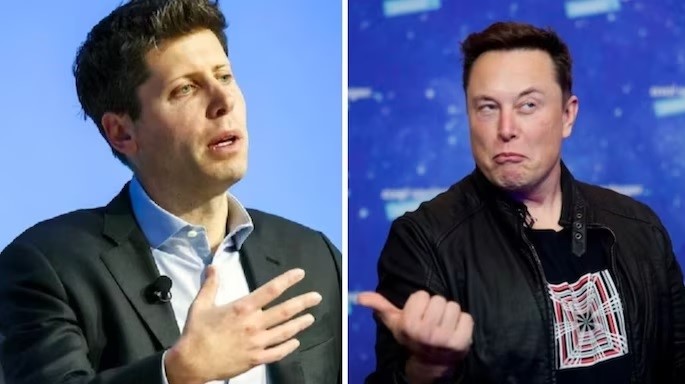
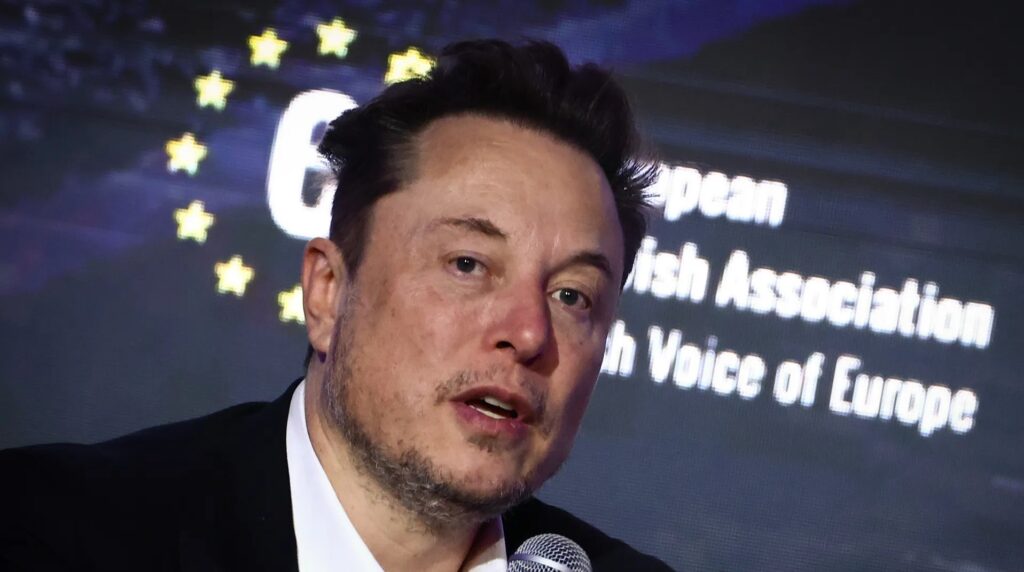
It’s much easier to understand why OpenAI CEO Sam Altman’s brief leave of the company and subsequent return late last year—which resulted in a significant change to the organization’s governance and its relationship with Microsoft—was probably the straw that broke Musk’s back in light of these previous litigations.
Following Altman’s reinstatement, Microsoft gained a permanent seat on its board, further consolidating its power over OpenAI. In addition, the organization’s aims permanently changed with the addition of business-oriented members to the board, replacing AI experts and ethicists. This marked a significant move toward a profit-driven paradigm supported by corporate governance.
The results of this power grab are obvious: Microsoft is already integrating different AI models that the corporation created into its range of products, but none of the code is available to the general public. These models are problematic from an ethical perspective since they also have a certain political and ideological predisposition. The closed-source nature of the AI models created and sculpted under Microsoft’s careful supervision makes this problem as well unresolvable.
Although he has more control over it now, Musk appears to be still very much involved in the AI sector based on his own projects like xAI and Neuralink. This is likely to ensure that the technology advances in line with his vision for humanity’s future.
However, supporters of Microsoft’s collaboration with OpenAI highlight the strategic and reciprocal advantages. Since Microsoft’s $1 billion investment in OpenAI enables the latter to operate and train its AI software on Microsoft’s Azure cloud services, it is considered a major step forward in the development of artificial intelligence technology. Furthermore, by incorporating AI into its cloud services and creating increasingly complex AI models, Microsoft hopes to maintain its competitive edge against rival tech behemoths.
Supporters claim that Microsoft’s partnership with OpenAI is a calculated commercial move meant to highlight Azure’s AI capabilities and establish the company as a leader in the field. The alliance is presented as a step toward democratizing AI technology while guaranteeing AI safety, which is consistent with more general industry objectives of ethical and responsible AI research. Not only is it viewed as a commercial transaction, but it also highlights the collaborative aspect of the collaboration by providing OpenAI with access to resources and knowledge it needs to advance its research.\



































































































































































































































































































































































































































































































































































































